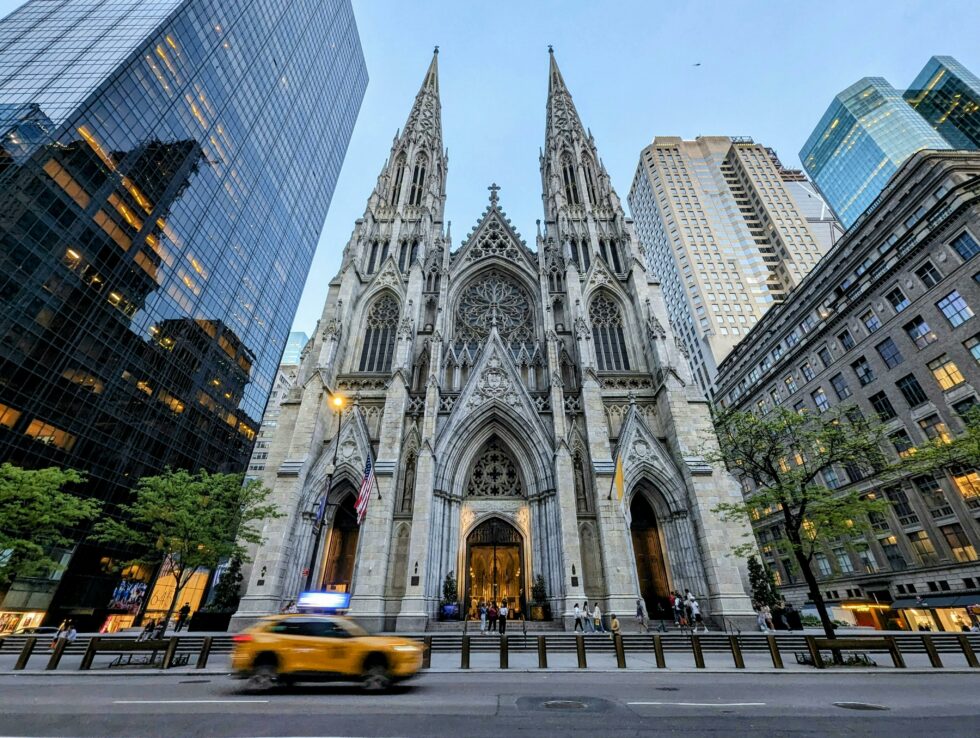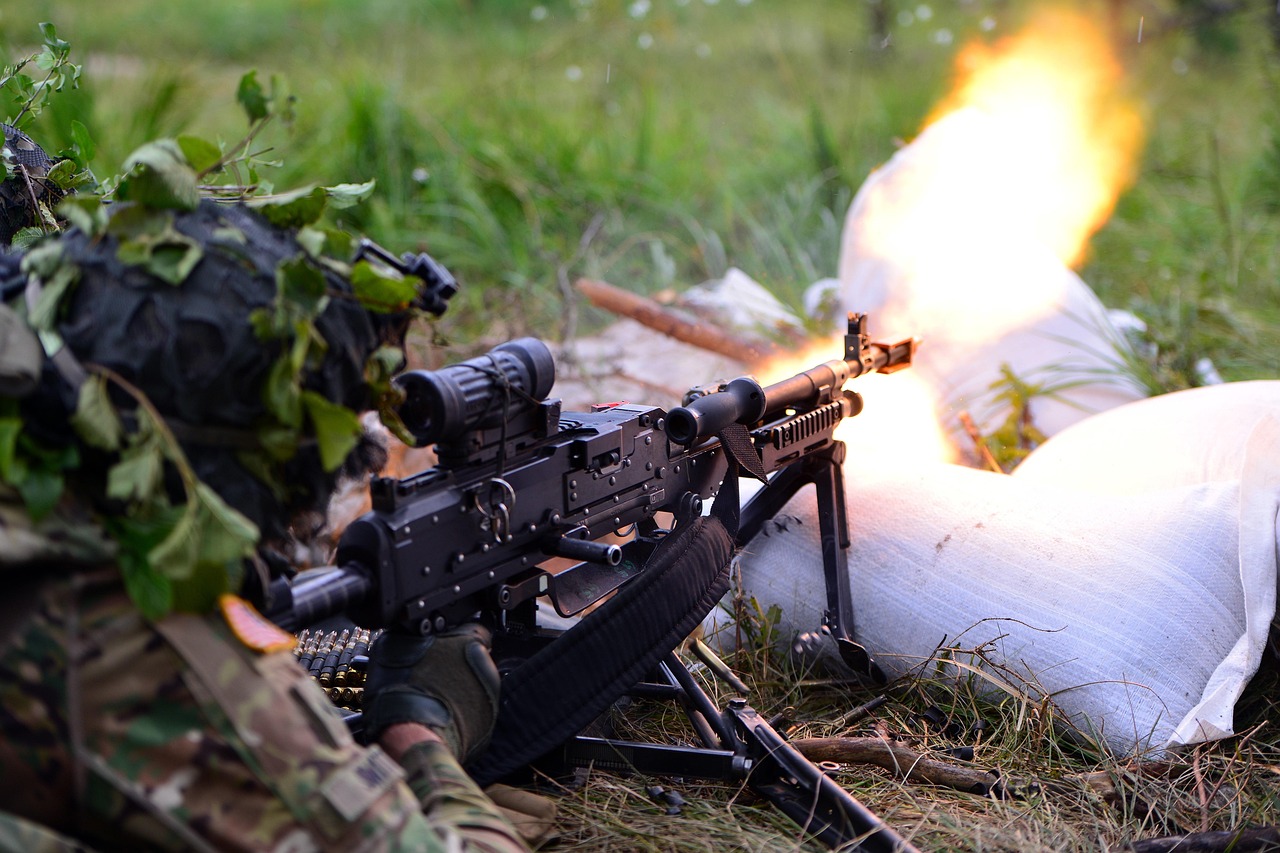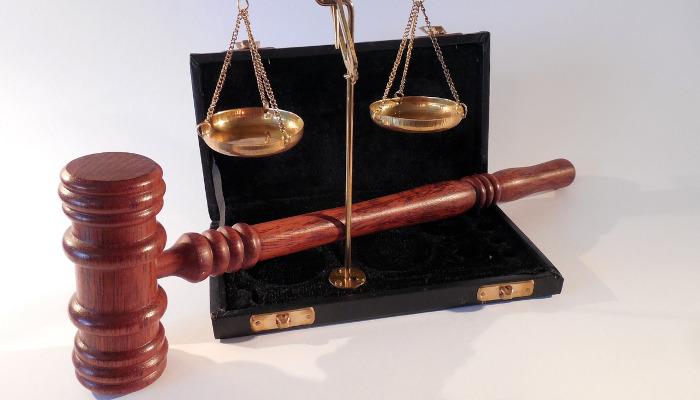
The history of Jesus is also that of walking a very fine line—a radical critique of the Roman imperial order (intertwining religious and political power) without aiming to topple or replace the Empire. Jesus contrasts the deification of the emperor with the presence of God in a marginal Jewish “prophet’s” everyday life. The two can have a dialectic relationship. At the final confrontation with the Roman representative in Palestine, Pilate, the destabilizing force of Jesus’ Gospel becomes clear. It challenges the religious legitimization of the Roman Empire. Called to judgment on Jesus’ life, Pilate washes his hands of it – and in doing so, he decides Jesus’ fate.
This gesture attempts to shrug off imperial responsibility for the death of the Messiah, hiding it in a kind of historical void. By trying to conceal imperial responsibility, Pilate casts an ambiguous shadow on the ultimate reason for Jesus’ crucifixion. This concealment eventually led some Christians to the violent repudiation of the deep Jewish substance of their faith. It twisted Jesus’ radical rejection of violence, surrendering to the cross.
All contributed to Christianity’s millennial attraction to the Empire and helped the Church become “power’s guarantor.” This attraction remains a perennial temptation—deeply rooted and inherent to the Christian faith and Churches.
This spans from the Constantinian pact that made Christianity a state religion to the current unholy alliance between the Russian Orthodox Church and the imperial project of the so-called “Russian World” carried out by President Vladimir Putin.
This allure has followed diverse and often contradictory trajectories throughout history. There is one constant element: whenever Christianity succumbs to the allure of imperial power, it blesses the use of violence to affirm its unique role within the Empire.
Many Christian Churches have been ready to offer their services to the Empire of the moment, turning faith into a form of political retribution, ensuring the pursuit of the Church’s worldly purposes disguised as Christianity’s holiest words.
In its “joint venture” with the Empire, Christianity succumbs to the fury of totalitarianism; thereby, it fundamentally repudiates Jesus’ command not to take up the sword, even when the survival of faith or one’s life depends on it.
Poets often have the most lucid grasp of this perverse darkness of the religion they believe in. Mario Luzi’s play “Hypatia” stages the destructive villainy of the Christian faith, newly elected as a cohesive force of a crumbling empire.
The Christian faith should be very cautious, as it has a history of often hazardous proximity to different Empires. Empires have passed and gone, while Christianity and its Churches are still alive and well.
Institutions of the Church
The Church took an institutional form through its special relationship with the Roman Empire since the 3rd century, shaping its structure and hierarchy according to the Roman model. Pilate’s acquittal and the consequential choice to ascribe the crime of “deicide” to Israel finds its raison d’être precisely in this grafting of Christianity into the Roman legal and political culture. Still, the Catholic Church, which, more than any other, has absorbed the imperial architecture into its institutional structure, has found the resolve, with modernity, to resist both the “religious” ambitions of modern “empires” and the “sacral” expansion of the contemporary state. The Catholic Church drew on the strength of its institutions, which originally helped to structure the modern state and thus confronted the hegemonic claims of the new rising states.
This shaped one of the structural axes of European civilization. It grounded it on a restraint to both the sacralization of politics and the politicization of religion. It helped shape a dialectic between the Church and the modern state.
This restraint became one of the cornerstones of the Western democratic model. This model is now shaking because of the present “populist” wave that tries to summon anti-modern sentiments. Populism offers some relief from the “existential cost” (personal freedom) that democracy requires of its citizens. At the same time, the international organizations set up after WWII appear to be waning. Here, the largest unitary religion in the world seems to be the one entity that can rise above the “imperial” fragmentation of partisan interests and the surge of private companies with little accountability. The Catholic Church, scattered worldwide, might provide a vision of and for the whole beyond any particular interest.
Such a global (Catholic) vision should be the responsibility of every local Church and every man and woman of the Catholic faith. Their choices political, cultural, social can never be aimed only at the local context, at the garden of their nation, but must be confirmed in the global scope they inevitably entail. This is especially true if such decisions are taken in contexts that determine the world’s future far beyond their nation’s borders.
Presently, it is mainly American Catholicism that is being called into question as some foundational arrangements of the United States democratic history seem to be shaking. American Catholicism has a special responsibility because the nation’s history has become a regulative history of the world order in the past eighty years.
A new dialectic is required between the Church and the “Empire,” with mutual respect and distance. The antidote for resisting the fascination of the new Empire, busy just with itself and heedless of others, can be found in the Gospel preached to the crowds in the finesse with which Jesus draws the religious distance of his community from any form of political legitimization of religion as an imperial tool.
The democratic order and the Catholic learning about living as believers in a democracy can be a guiding force. Arguably, the United States is where everything began and where, today, everything could end.
For this reason, the U.S. is a test case for the resilience of Catholic universalism, for its ability to place itself super partes when needed, to preside on behalf of everyone no one excluded over a promising future for the whole world. Also, the U.S. can inspire a positive dynamic between religion and democracy, escaping the problems of many other countries.
If, in the U.S., Catholicism can find a more cohesive, non-partisan way to intercede with God on behalf of humanity as a whole and drop the sword, it will show that the Catholic faith today can resist the temptations of the Empire.
This dialectic could help the Catholic Church’s relationship with other religions in parts of the world, such as Asia, where it is a marginal minority. It begins with reweaving the broken threads of an ancestral relationship the position of religion about the Empire with the two religions closest to Christianity (Judaism and Islam) and then widening the horizon to all faiths.









